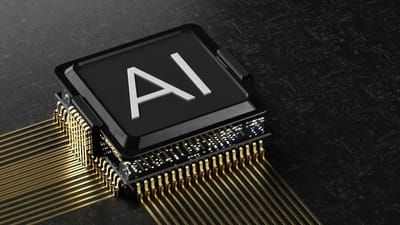 Engadget
Engadget Anthropic announced a significant upgrade to the free tier of its Claude chatbot, adding file creation tools, third‑party connectors, and custom skills. The enhancements let free users generate and edit Excel spreadsheets, PowerPoint decks, Word documents, and PDFs, and link the assistant to services such as Canva, Slack, Notion, Zapier, and PayPal. Additional improvements include longer conversation windows, interactive responses, and better voice and image search. Anthropic framed the rollout as a direct response to OpenAI’s plan to introduce ads for free ChatGPT users, emphasizing that Claude will remain ad‑free.
Read more →  Ars Technica2
Ars Technica2  Ars Technica2
Ars Technica2  CNET
CNET  Ars Technica2
Ars Technica2  TechCrunch
TechCrunch  Wired AI
Wired AI  Digital Trends
Digital Trends  The Next Web
The Next Web  The Verge
The Verge  CNET
CNET  TechRadar
TechRadar  TechCrunch
TechCrunch  TechRadar
TechRadar  CNET
CNET  The Verge
The Verge  TechCrunch
TechCrunch  TechCrunch
TechCrunch  Ars Technica2
Ars Technica2  Engadget
Engadget  CNET
CNET  CNET
CNET